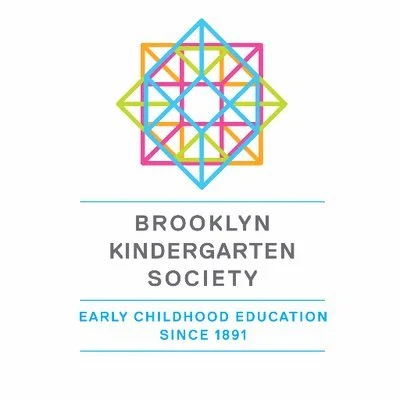Week-long practice matching 2D objects by shape improves 3D shape bias and accelerates children vocabulary growth
Carvalho, P.F., & Smith, L.B.
Published 2018
Executive Summary
Young children tend to generalize novel names by shape; when asked to match a novel object to one of two objects they often choose the one that matches in shape. This shape bias has been shown in laboratory tasks to be connected to vocabulary learning: children who know less than 50 words do not show this bias and training using object categories well-organized by shape improves children’s word-learning. An open question is whether experience with real (3D) objects is necessary or children can transfer from practice matching 2D objects. In this project, we used a week-long at home intervention with an iPad game. Compared to a version of the game that asks children to establish identity matches, children who played with 2D shape matches for a week have a more robust shape bias with real-world objects at posttest as well as a modest effect in vocabulary growth 2 months later.
Note: Cognitive ToyBox’s vocabulary assessment and shape bias games were used in this study.
Other Research













